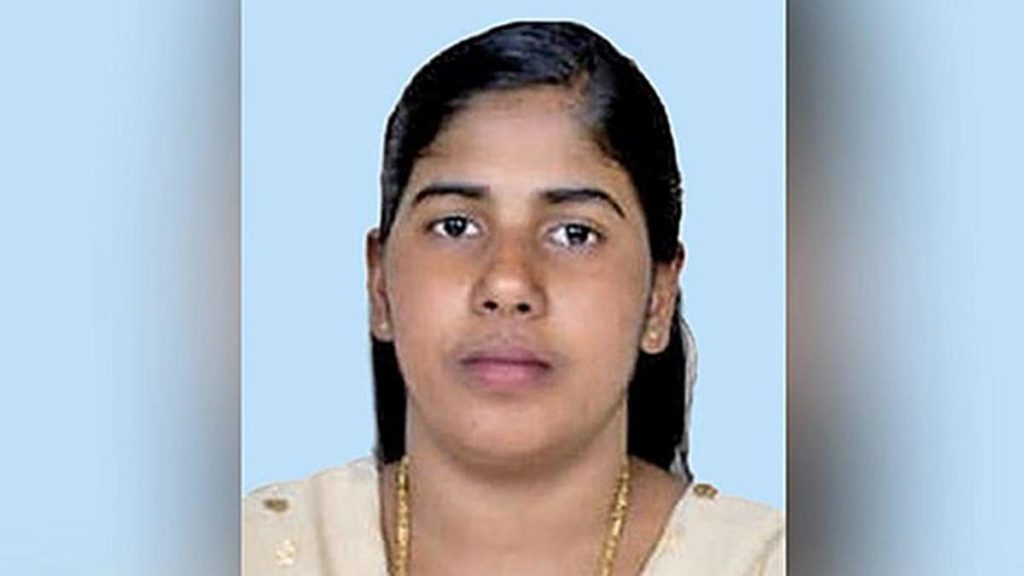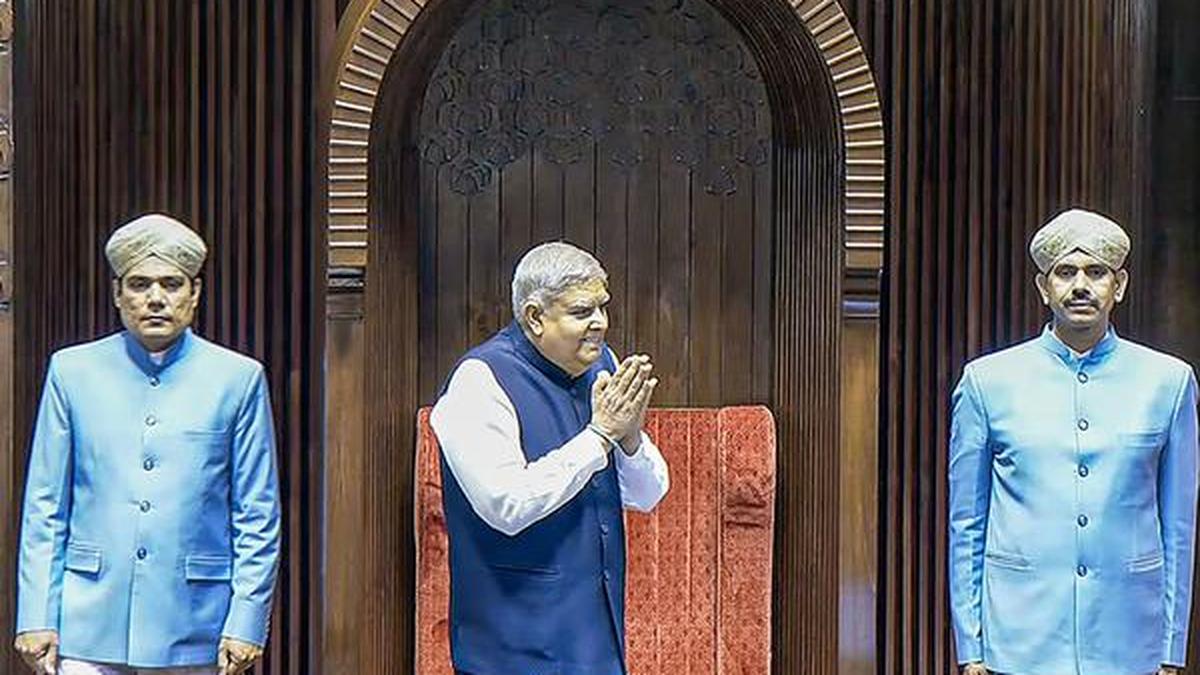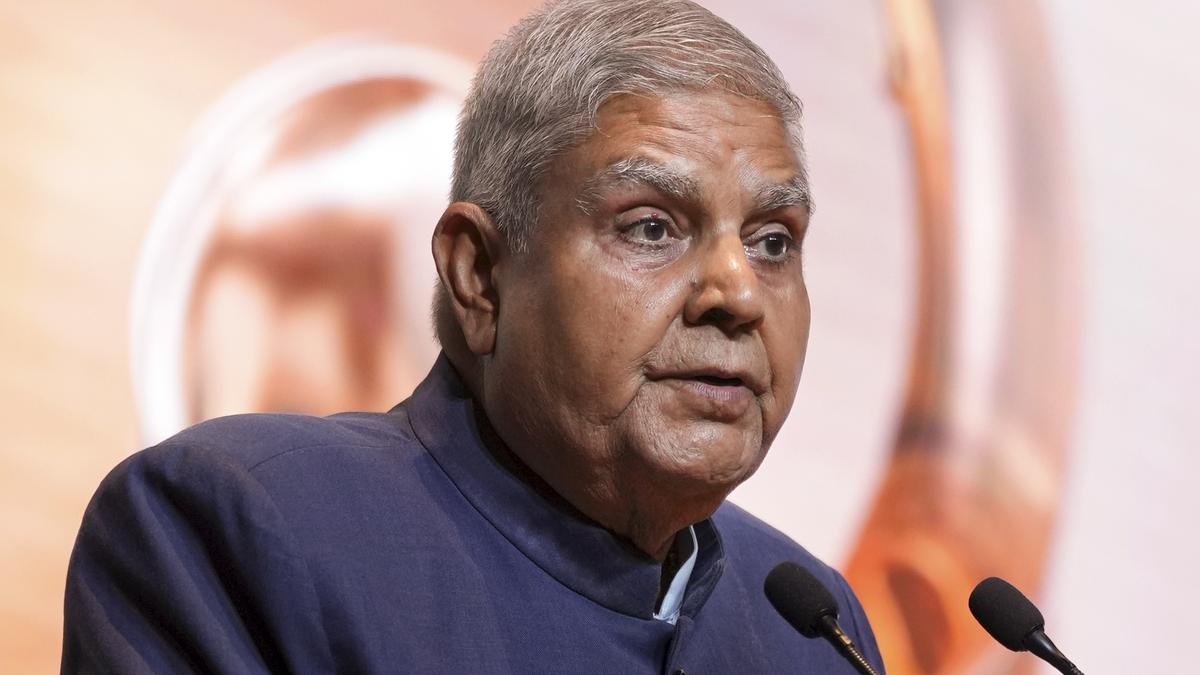Now Reading: Emotional Farewell as Naxal Leader Azizul Haque Remembered by Comrades
-
01
Emotional Farewell as Naxal Leader Azizul Haque Remembered by Comrades
Emotional Farewell as Naxal Leader Azizul Haque Remembered by Comrades
Fast Summary
- Veteran Naxal leader Azizul Haque passed away at 83 in a private kolkata hospital on July 21, 2025, due to age-related ailments.
- Haque was a prominent figure in West Bengal’s radical Leftist politics and an early leader of the Naxalbari movement.
- He is survived by his wife and daughter; his son had died in a road accident in 2003.
- Friends, comrades, admirers, and collage students gathered near Indian Coffee House in Kolkata’s college Street to bid farewell. His body was donated for medical research per his wishes.
- Senior Leftist leaders like rabin Deb, Kartik Pal, Tanmoy Bhattacharya were present at the event to pay respects; Chief Minister Mamata Banerjee also expressed condolences via statement calling him “resolute.”
- Haque spent 18 years in prison for revolutionary activities; allegations of custodial torture left him wiht lifelong injuries. Post-release (1989), he authored books on social issues such as Karagare Athero Bochor and Naxalbari: Tirish Bochor Age Ebong Pore.
- known for opposing religious bigotry and right-wing ideologies up until his final days as highlighted by CPI(ML) leaders’ tributes.
Indian Opinion Analysis
Azizul Haque’s passing represents not just the end of an era for militant Leftist politics but also signals historical reflection on movements like Naxalbari that shaped India’s socio-political landscape considerably during the mid-to-late 20th century. While Haque’s methods sparked fierce political debate-especially with the ideology of revolution through armed struggle-the issues he championed remain relevant today: equitable rights for marginalized workers and opposing authoritarian tendencies.
His decision to donate his body for medical education underlines his commitment toward public welfare even beyond life-a gesture highlighting a utilitarian form of activism rooted more deeply than party lines or ideologies-a compelling reminder that conviction can persist despite shifting political contexts over decades.
This moment prompts revisiting how activism transitions across generations as newer left-centric movements adapt their strategies within democratic frameworks while addressing modern socio-economic challenges distinct from those confronted during radical uprisings like Naxalbari. It also opens dialogue around balancing dissent with inclusive community engagement critical now under India’s multidimensional polity narrative.
For further reading: Read More
























